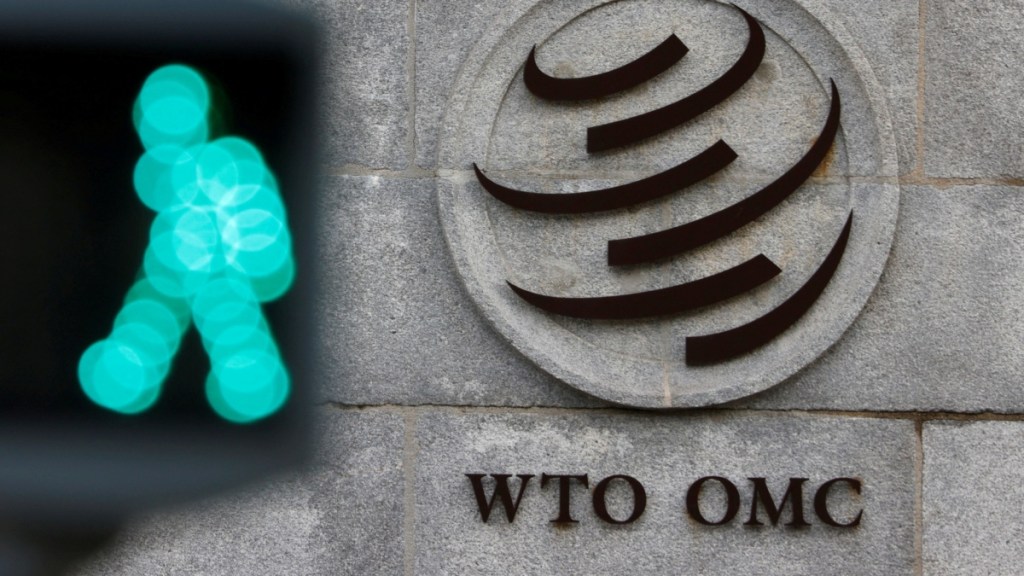Hopes of any breakthrough on the global trade and livelihood issues at the 13th Ministerial Conference of the World Trade Organization (WTO) was fading late Friday.
The conference was expected to run from February 26 to February 29 but was extended by a day. On Friday, the closing session has been postponed thrice, to thrash out a formula for joint statement by early Saturday.
Indian officials, however, said that the country’s interests have been protected and it has successfully managed to keep non-trade issues out of the agenda.
India and South Africa had blocked an attempt to get the China-inspired pact – Investment Promotion for Development – included in the WTO even though it had a backing of more than 120 countries. Another non-trade issue of linking trade to gender has also been successfully opposed.
While gender issues are important, these issues should not be linked to trade as some arbitrary standards on inclusion can be imposed by countries to block exports of developing countries, officials say. Other proposals by the European Union on sustainable industrialisation have also been kept at bay.
India had come to the conference with the aim of getting a permanent solution to the issue of public stockholding of foodgrains for food security but the discussions on agriculture have veered around to the fight for market access between the US and the European Union.
Agriculture exporting countries which are called ‘Cairns Group’ have also put greater market access at the heart of their negotiation strategy. They are against India’s government procurement programme. The firmness of positions taken are preventing any forward movement.
As part of a permanent solution, India has asked for measures like amendments in the formula to calculate the food subsidy cap and update the external reference prices used to calculate market price support in public stockholding, which are currently based on 1986-88 prices.
WTO spokesman Ismaila Dieng said that the ministers continue to be engaged in intensive and difficult discussions on a package of agreements for adoption at MC13.
On fisheries subsidies where India is asking for a moratorium on subsidies for distant water fishing for 25 years by countries like China, Norway, Japan which have large fleets there has been no agreement. Fishing beyond 200 nautical miles from the seashores of a country is termed distant water fishing.
Despite the talk of agreement on the issue in the last Ministerial Conference, the countries like Norway, US, China, Japan that have created huge distant water fishing capacities have got an escape clause. As per the clause they can provide subsidies if the fishing is done on a sustainable basis.
India has stressed that historically, while subsidies by certain nations to the fisheries sector have led to over-exploitation, subsidies are also vital for developing countries and small economies to develop and diversify their fisheries sector as well as to protect the food security and livelihood security of their fishermen.
On the issue of a moratorium of taxation of cross-border electronic transmissions which is ending on March 31 the talks are still open. India wants and some other countries want no extension to the moratorium while the US and European Union want this to be extended by another two years.
India is also batting for bringing down the costs of cross border fund transfers especially by guest workers to their home countries. According to some estimates the costs of remitting funds sometimes go up to as high as 6.18%. India, which is the largest recipient of remittances from guest workers, will gain maximum from it but the proposal is being opposed by the US. India received remittances of $125 billion in 2023.
The reason for this opposition seems to be the impact it will have on the earnings of the biggest payment service providers, most of which are US-based.


